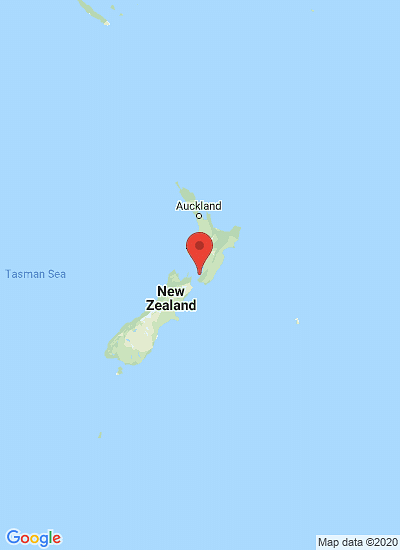Potatoes New Zealand says the potato industry is struggling to deal with the tomato/potato psyllid, which spreads the damaging bacterium Liberibacter, and wants more help from the Government.
The psyllid, discovered in New Zealand in 2006, is estimated to have caused some $50 million worth of damage to the potato industry alone in the 2008/9 season.
The pest also affects tomato, capsicum and tamarillo crops.
Murray Turley is the vice president of Potatoes New Zealand and the chairman of its research and development investment group.
He says the 200 or so growers who make up the industry have been investing in research, and spending on average $700 a hectare to try to control the psyllid's spread, but funds are stretched.
Mr Turley says he understands the constraints the Minister of Agriculture is under, but says with the industry struggling to fund more research, some Government help would be much appreciated.
Potatoes New Zealand psyllid coordinator Stephen Ogden says the industry has several research projects underway, including one partly funded by MAF's sustainable farming fund.
That has been looking at ways of better controlling the pest through insecticide sprays, and conducting a national monitoring programme involving psyllid traps.
Mr Ogden says the industry has spent a lot of money so far and is running short of funds.
He says the potato industry exports about a quarter of its crop, with more than $100 million worth of fresh and processed products sent overseas each year.
The head of processing company Mr Chips Ltd says more government assistance is vital if the industry is to win the battle against the pest.
Chief executive Jon Davison says tackling the problem has been costly, with extra staff and equipment needed to identify infected potatoes and investment in research.
Mr Davison says some North Island growers have been forced out of business and if a solution can not be found, it will bring the potato industry in the North Island to an end.
Not for Government to sort out
Agriculture and Biosecurity Minister David Carter says the Government has already contributed a substantial amount to psyllid research and the industry can't expect any more handouts.
He says the Ministry of Agriculture funded the initial response to the pysllid pest when it was discovered.
Mr Carter says MAF's sustainable farming fund has also given potato growers more than $1 million to manage the pest.
He says the industry would be well advised to liaise with Government in a "co-operative and honest fashion."
"I have now met with (the industry) on two occasions and suggested to them they look to funding alternatives such as the primary growth partnership.
"They have chosen not to accept that approach and instead have decided to sit back and say 'this is not our problem, it's entirely for the Government to sort it out'."
Mr Carter says that's not the way to respond to a biosecurity problem.
As well as alternative funding, he says, they could increase the industry's commodity levy.
New Zealand Potato Growers want more help for potato pest research

¿Te gustaría recibir noticias como esta por correo electrónico? ¡Únete y suscríbete!
Get the latest potato industry news straight to your WhatsApp. Join the PotatoPro WhatsApp Community!
Empresa Destacada
Contenido Patrocinado
Contenido Patrocinado
Contenido Patrocinado
Contenido Patrocinado








